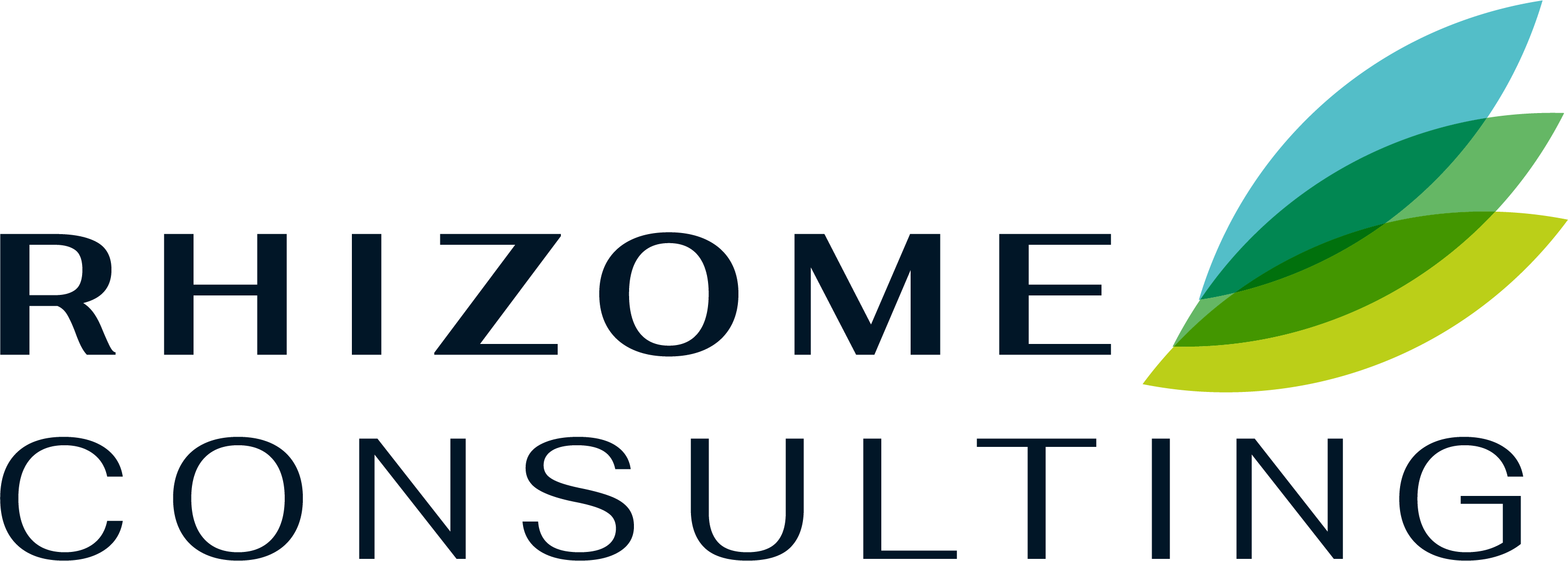Navigating the Digital Storm: Nigeria’s Cybersecurity Horizon in 2025
- May 28, 2025
- Posted by: Rhizome Desk
- Category: Business

Nigeria, a vibrant and rapidly digitising nation, stands at a pivotal juncture in its digital transformation journey. As businesses embrace e-commerce, fintech innovates at breakneck speed, and individuals increasingly live online, the country finds itself locked in an escalating battle against a sophisticated and relentless cyber adversary. As the surge in cyberattacks collides with a critical talent shortage and the ominous rise of AI-powered threats, 2025 may continue to pose new challenges, testing Nigeria’s digital resilience.
The Unrelenting Onslaught: A Wave of Cyberattacks
Nigerian organisations are bracing for an unprecedented wave of cyberattacks. According to Check Point Software, in the first quarter of 2025 alone, companies in Nigeria faced an astounding average of 4,388 attacks per week, a staggering 47% year-on-year surge. This isn’t just an abstract statistic; it translates into tangible disruptions, financial losses, and a constant state of alert for businesses. Nigeria’s position on the Global Threat Index has also shifted dramatically, moving from 35th to 13th between May and December 2024, signalling a sharp escalation in its vulnerability to cyber threats.
From small businesses struggling to keep their online stores secure to major financial institutions battling sophisticated breaches, the impact is widespread. The cost of these attacks is colossal, with Nigerian banks alone reportedly losing approximately ₦3.7 billion to electronic fraud in 2023, primarily through mobile channels, as reported in the Nigeria Inter-Bank Settlement System (NIBSS) 2023 Annual Fraud Landscape report. The consequences extend beyond direct financial theft, encompassing reputational damage, operational downtime, and the erosion of trust, a vital ingredient for any thriving digital economy.
The Double-Edged Sword of AI: A New Era of Deception
Artificial Intelligence, while a powerful tool for progress, is rapidly becoming a weapon in the hands of cybercriminals. This year, AI-powered cybercrimes are predicted to rise significantly, pushing the boundaries of deception. Imagine receiving an email that perfectly mimics your CEO’s writing style, requesting an urgent financial transfer – a level of personalisation previously unimaginable.This is the new reality.
Cybercriminals are leveraging AI to automate and refine phishing campaigns, making them virtually indistinguishable from legitimate communications. AI is also being used to create polymorphic malware that can constantly change its code to evade detection, rendering traditional antivirus solutions less effective. Perhaps most chillingly, the rise of hyper-realistic deepfakes poses a severe threat, allowing criminals to impersonate trusted individuals in video or audio calls for sophisticated scams like romance fraud, sextortion, and even high-stakes financial manipulation. This new frontier of AI-driven deception demands a profound shift in how both businesses and individuals approach digital trust.
The Fissures in the Foundation: A Deepening Talent Gap
One of Nigeria’s most pressing vulnerabilities is its critical cybersecurity talent shortage. Industry reports, like Deloitte’s Cybersecurity Outlook 2025, reveal that a staggering 67% of global organisations, including those in Nigeria, are operating below their required cybersecurity headcount. This deficit is acutely felt in Nigeria, exacerbated by the “Japa” phenomenon – the emigration of skilled professionals seeking greener pastures abroad.
This exodus creates a gaping vacuum that no software can fill, leaving organisations understaffed and ill-equipped to combat the escalating threats. Experts at Deloitte and IDC also suggest that bridging these vulnerabilities across Africa is estimated to require some $22 billion in cybersecurity investment, a sum that Nigerian institutions have struggled to mobilise. Without a sustained national effort to train, retain, and empower cybersecurity talent, Nigeria risks being dangerously exposed to the next generation of cyber threats.
From Crypto Scams to Insider Threats: The Diverse Threat Landscape
Beyond the overarching trends, Nigeria’s digital environment throughout 2025 will be a battlefield of diverse and evolving threat vectors:
- Cryptocurrency Chaos: The surge in cryptocurrency prices, coupled with inexperienced investors, will fuel a boom in crypto-related crimes. Individuals will be targeted with elaborate Ponzi schemes, fake crypto exchanges, and convincing social media scams designed to siphon off their digital assets.
- Government-Benefit Scams: Exploiting economic vulnerabilities, cybercriminals will ramp up government-benefit scams, using phishing messages and fake social media posts to steal personal information and defraud citizens.
- Persistent Data Breaches: Weak security measures within organisations will continue to lead to significant data breaches. According to Surfshark, in Q1 2025 alone, over 119,000 leaked data records in Nigeria were reported, affecting roughly one in ten citizens. These breaches compromise personal details, passwords, and sensitive financial information, exposing individuals to identity theft and further exploitation.
- The Inside Job: Insider threats, both intentional and unintentional, will remain a pressing concern, particularly within the financial sector. Employees, either through negligence or malicious intent, can become unwitting conduits for cyberattacks.
- Unlinked Accounts & Unseen Threats: The exploitation of unlinked BVN-unlinked FinTech accounts is expected to fuel financial and internet fraud, creating hidden pathways for illicit transactions. Meanwhile, Advanced Persistent Threats (APTs) will silently target critical national infrastructure, posing a significant but often under-recognised danger.
- Digital Disruption: Credential and information-stealing malware will continue to harvest sensitive data, while website defacement attacks will aim to disrupt online reputations and operations. The spread of misinformation and disinformation campaigns will also continue to manipulate public perception and sow discord.
Navigating the Future: A Call to Action for Businesses and Individuals
The forecast for 2025 is a wake-up call. For businesses, the imperative is clear: cybersecurity can no longer be an afterthought. It must be an integral part of every strategic decision. This means:
- Proactive Investment: Shifting from reactive incident response to proactive, AI-driven defence systems capable of real-time threat detection and mitigation. This includes robust access controls, strong encryption, and data loss prevention tools.
- Compliance and Governance: Adhering strictly to the Cybercrime Act 2024 (amended) and the Nigeria Data Protection Act (NDPA) 2023 and its General Application and Implementation Directive (GAID) 2025 is non-negotiable. Non-compliance may carry severe financial penalties and reputational damage.
- Talent Cultivation: Investing in continuous cybersecurity training for employees and fostering a security-aware culture is paramount. Businesses must also explore partnerships and initiatives to help bridge the national talent gap.
- Strategic Partnerships: Collaborating with certified cybersecurity providers and leveraging indigenous security tool developers can offer tailored and effective solutions.
For individuals, vigilance and digital hygiene are the best lines of defence:
- Multi-Factor Authentication (MFA): Enable MFA on all online accounts – it’s a simple yet powerful barrier against unauthorised access.
- Scepticism is Key: Be extremely cautious of unexpected links, emails, calls, or messages. Verify information from trusted sources before acting.
- Strong Passwords & Updates: Use strong, unique passwords for every account and regularly update software and devices to patch vulnerabilities.
- Report Suspicious Activity: Promptly report any suspicious digital activity to the relevant authorities or your service providers.
Nigeria’s digital evolution is undeniable, and with it comes increased exposure to cyber threats. Mordor Intelligence, in their Nigeria cybersecurity market size and share report, projected the market to reach USD 230.03 million in 2025, a testament to growing awareness and investment. However, true resilience will stem from a unified, proactive effort: government, businesses, and individuals working in concert to fortify Nigeria’s digital frontiers against the escalating storm.
The future demands not just technological solutions, but a collective commitment to digital safety and security.
